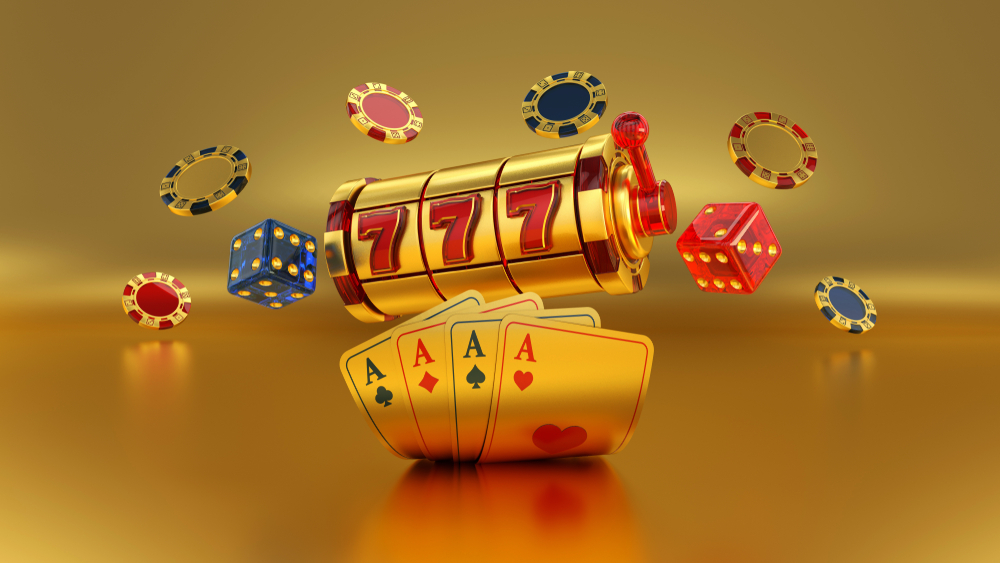
Have you ever experienced that heart-pounding moment when you were just one symbol away from hitting the jackpot in a casino game? That exhilarating feeling of a near miss is not a coincidence; it’s intricately designed to keep you hooked and coming back for more.
The psychology behind near misses in casino games is a fascinating phenomenon that captures the attention of both seasoned gamblers and casual players alike. Understanding how these near misses impact our brains can shed light on our behavior while playing online casino games.
The Illusion of Almost Winning
In the realm of psychology, a near miss is defined as a situation where an outcome is almost achieved, but falls slightly short. In casino games, this often means coming agonizingly close to winning the biggest possible reward – the jackpot. But why are near misses so pervasive in the world of gambling?
One explanation lies in the concept of operant conditioning. Casinos use near misses as a form of reinforcement, similar to a token or reward, to encourage repeated behavior. When players see symbols lining up on the reels, the brain registers it as a near win, triggering a rush of excitement and anticipation. It tricks us into thinking that we were so close to winning, boosting our motivation to keep playing in hopes of achieving that elusive victory.
The Power of the Dopamine Rush
Behind every near miss is the release of a neurotransmitter called dopamine. Dopamine is associated with pleasure and reward, and its release in the brain creates a sensation of euphoria and excitement. Every time we witness a near miss, our brain experiences a surge of dopamine, which makes us feel good and crave more of that feeling.
This psychological effect is similar to what one might experience during other activities such as skydiving, bungee jumping, or even watching a thrilling movie. Near misses in casino games exploit this natural human response to create an addictive and captivating experience.
Manipulating Perceived Control
Another aspect of the psychology behind near misses is connected to the concept of perceived control. Research suggests that individuals tend to feel more engaged and motivated to continue an activity when they believe they have control over the outcome. Casinos take advantage of this by incorporating near misses, which give players the illusion of being in control of the game despite its purely random nature.
By incorporating small wins and near misses, casinos provide players with a false sense of control, leading them to believe that their strategy or skill can influence the outcome. This perception taps into our natural desire to be in control and amplifies the excitement of the gameplay.
Conclusion
The psychology of near misses in casino games is a powerful tool used by casinos to captivate and retain players. The illusion of almost winning, the release of dopamine, and the manipulation of perceived control combine to create an enthralling experience that keeps us coming back for more.
Understanding the psychological tricks at play can help us approach casino games with a clearer mindset, making informed decisions and maintaining control over our gambling habits. Remember to play responsibly and enjoy the thrill of the game responsibly!






























